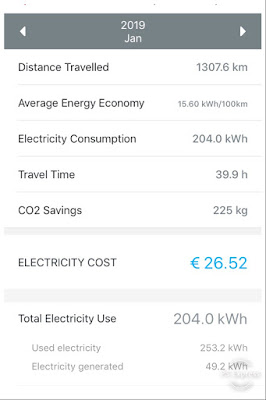Are you curious about electric cars? Thinking that maybe you'd consider getting one in future? Or do you think that they're just not ready for the mass market yet? Have you heard that there is a lot of hassle involved, and that they're just not worth it?
My name is Wayne Gibbons, and I drive an electric car. I am a lecturer in Civil Engineering at the Galway-Mayo Institute of Technology, Galway, Ireland. As part of the GMIT Green Campus initiative at this institute, I am developing a project aimed at informing staff and students about electric vehicles, and this website will be the main platform for the project.
The IPCC has identified reducing carbon emissions from the transport sector as a pathway to limiting the global temperature rise to 1.5 degrees. As part of this, the electrification of private cars is something that needs to be considered.
Whatever your thoughts on electric vehicles (EVs), it's probably a good idea to have the full picture before making your mind up.
With this site, I will present a real-world report on what it is like to own, maintain and enjoy driving an electric vehicle around the Galway area. The site will contain blog posts on the benefits and drawbacks of EV driving, technical "live lab" data on fuel consumption and emissions savings, podcast episodes, and a space for readers to ask questions and learn from my experience.
This project is due to run from November 2018 to May 2019.





